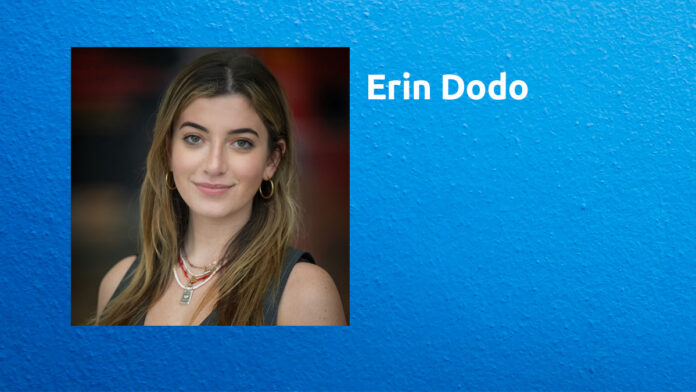By Erin Dodo
There are certain days in our lives we all remember. I remember my first day of high school, eight years later. I remember my first day of matric. I remember my first day as a student at the University of Cape Town – even though I was at home, at my desk, with pre-recorded lectures that none of us took very seriously. (Thanks, Covid).
I have a running joke with my mom that every mother knows where they were when Diana died.
Everyone remembers where they were when the first plane hit the North Tower.
October 7th is one of those days – burned into our memories like a fresh wound, always there, never quite healed.
Memory has a weird way of holding onto the senses; the sound of my phone ringing endlessly and my phone buzzing with Red Alert notifications. The taste of sick and salty tears. The feeling of dread, knowing that everything had now changed.
Check on each family member in Israel.
Call them each, often.
Your cousin has been called back in to fight, 15 years after finishing his service. Your best friend’s best friends are falling. Your school mates were at the festival. Names are piling and piling and with dread you go through every single name, searching for familiarity. The Boards and Federations have broken Shabbos. The security alert level has risen.
Every hour the numbers are updated – growing and growing.
They’re calling it a massacre, a terrorist attack. This memory, and the feelings it brings with it, will never leave us.
That’s the thing about memory, it’s meant to burn like a fire. It’s meant to light something in you, fuel you, guide you.
When we say we will always remember, it brings with it the repercussions of never forgetting. Of living with this red hot burn.
The life of a Jew is, from the beginning, the life of caution. From nursery school to high school and beyond the words, ‘Never Forget’, are etched into our conscience. Certain vocabulary that others may not know – like, ‘Pogrom’ or ‘Shoah’, are a part of our collective understanding of our people’s survival. Often, the term ‘generational trauma’ is thrown around. What it refers to is a universal memory of things we may not have even experienced ourselves but that our ancestors did, and that guide our interactions and behaviours.
A part of this universal memory we all carry now includes the day of the 7th of October 2023.
Returning to university after October 7th was an incredibly daunting experience, not because I was afraid of the people around me, many who looked at me only with pity, but because I felt as though I couldn’t trust myself. I didn’t know who was going to make me remember the reality of our changed lives, I didn’t know how I would navigate this new reality. And yet, life went on. Lectures continued, due dates continued to pile up, and we remained stuck in this memory, stuck in what felt like an inescapable quicksand – only swallowing us deeper the more we tried to escape it.
Yet we fought, rather embracing the memory and understanding that this life of ours, and the collage of memories that make up our collective story, is the tale of how we survived – because, even though it felt as though we were submerged in the grief of our families, of our holy land, of our brothers and sisters – we still came together. We still protected each other. We still smiled and held each other.
Whilst memory is often haunting, we can also find comfort in it – comfort in the memory of how we protected each other. We can find gratitude in these memories – gratitude for the community that shelters one another in their own embrace, never waning.
In the enduring echoes of October 7th, 2023, we discovered that, while memory can be an unrelenting flame, it also serves as a guiding light. As we grappled with the aftermath, our collective memory of that day became an integral part of our shared narrative, reinforcing the resilience that defines our community. In the face of grief and uncertainty, we forged a path forward, finding solace in the memories of how we stood together, protected each other, and, ultimately, prevailed.
Erin Dodo writes a column reflecting the voice of Jewish youth in Cape Town. A student at the University of Cape Town, she serves as Chairperson of the Western Cape branch of the South African Union of Jewish Students.
• Published in the February 2024 issue – Click here to start reading.
• To advertise in the Cape Jewish Chronicle and on this website – kindly contact Lynette Roodt on 021 464 6736 or email advertising@ctjc.co.za. For more information and advertising rate card click here.
• Sign up for our newsletter and never miss another issue.
• Please support the Cape Jewish Chronicle with a voluntary Subscription for 2024. For payment info click here.
• Visit our Portal to the Jewish Community to see a list of all the Jewish organisations in Cape Town with links to their websites.
Follow the Cape Jewish Chronicle: Facebook | Instagram | Twitter | LinkedIn











